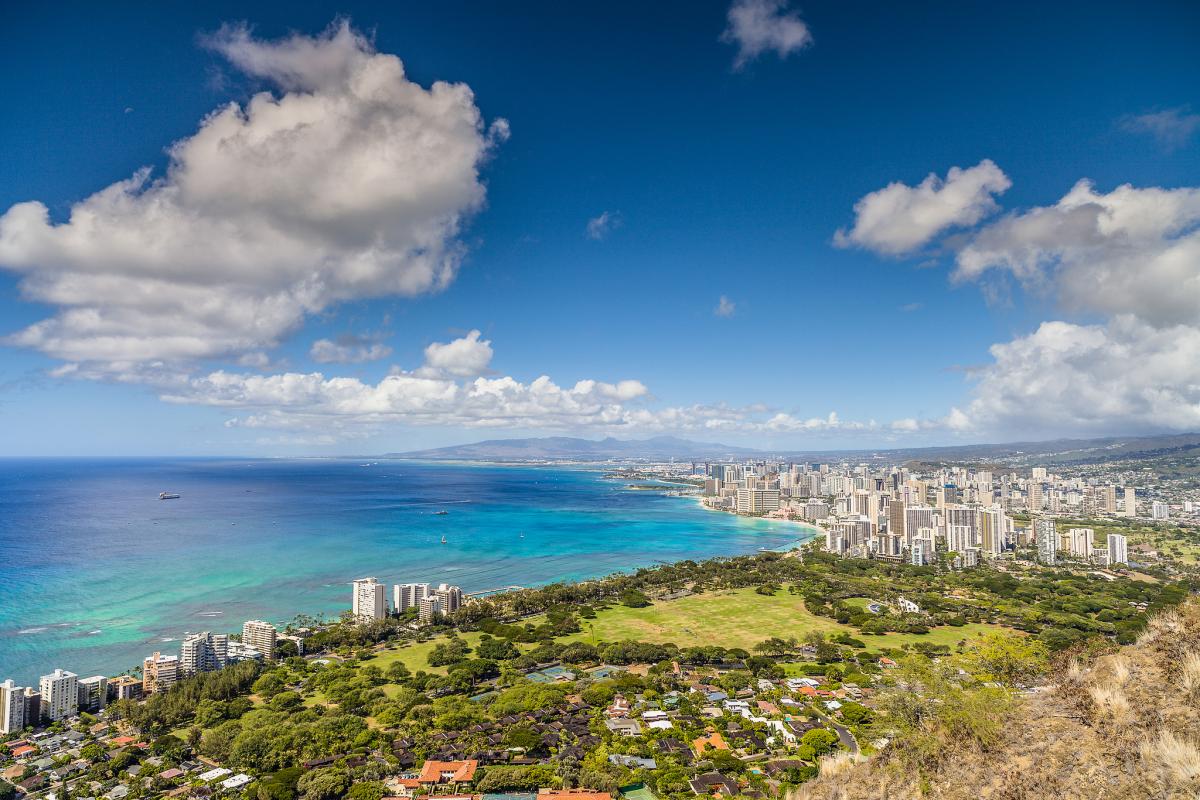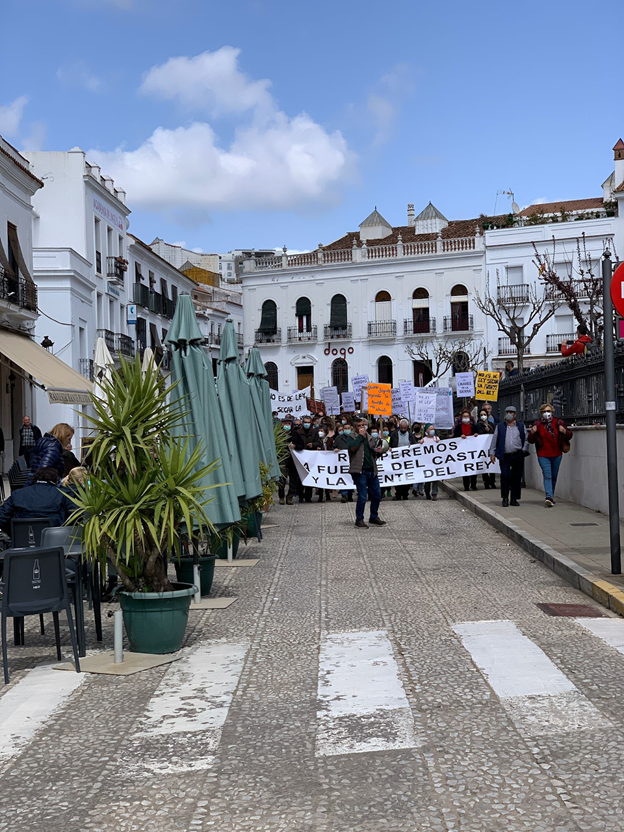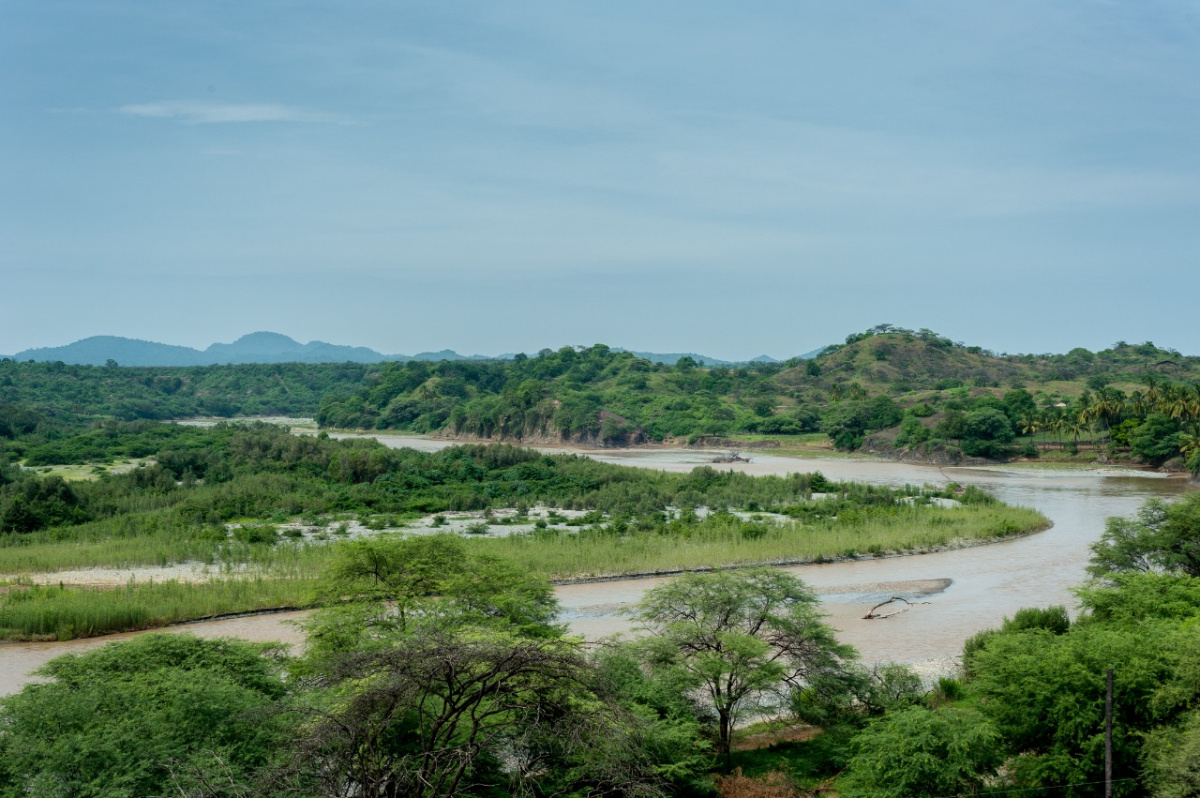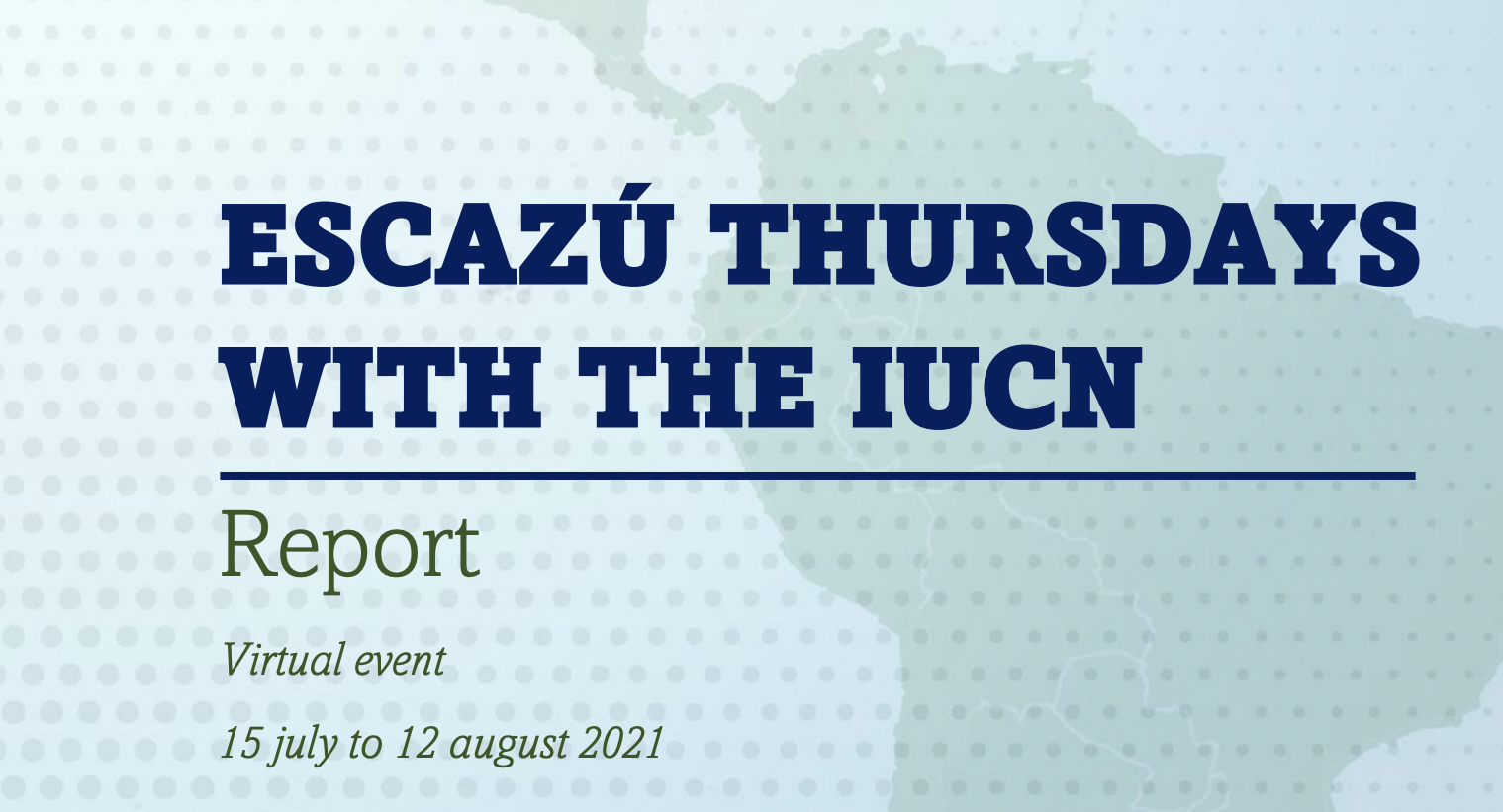Law and the future of conservation: Perspectives from the World Conservation Congress, Hawaii
At the World Conservation Congress in early September, thousands gathered to discuss the future of conservation. These included scientists, explorers, economists, and activists, as well as judges and lawyers. Environmental law has proliferated in recent decades, in the form of new legislation, treaties, and landmark judicial decisions. But a growing recognition of the difficulties in implementation of these legal instruments, together with the apparent failure of traditional legal mechanisms to protect wildlife, prevent ecosystem destruction or halt climate change has left us asking: does law still have a place?
The World Conservation Congress was the right place to find an answer. During the forum, the IUCN Environmental Law Programme organized over 30 events in an Environmental Law Journey that spanned four days and covered topics ranging from crime and corruption to environmental rights to the role of judges in protecting nature. A moot court on inter-generational climate justice had law students make the case for global climate responsibility before some of the world's top environmental jurists. A workshop on managing transboundary ecosystems brought practitioners from Asia, Africa and Latin America to share lessons from governance of shared waters. A knowledge cafe on integrated planning invited a small group of experts to have an in-depth conversation about how land use planning laws and policies can be used to ensure that climate change and biodiversity concerns are taken into account, both within and outside protected areas.
Throughout the Forum, a small team of videographers roamed the Congress asking participants, "Does law have a place in the future of conservation"? Their answers? A resounding yes...with a but. Law provides frameworks, standards and reinforcement that conservation cannot do without, but at the same time, law must consider cultural and social practices and needs and best available science, and it must complement, not cut off, the fundamental relationship between humans and nature.
The full video is embedded above. The video was produced by Lonely Eskimo Productions.
Over the coming weeks, the IUCN Environmental Law Programme will upload a series of stories on activities and developments at the World Conservation Congress from a legal perspective. For more information, please contact the IUCN Environmental Law Centre.





